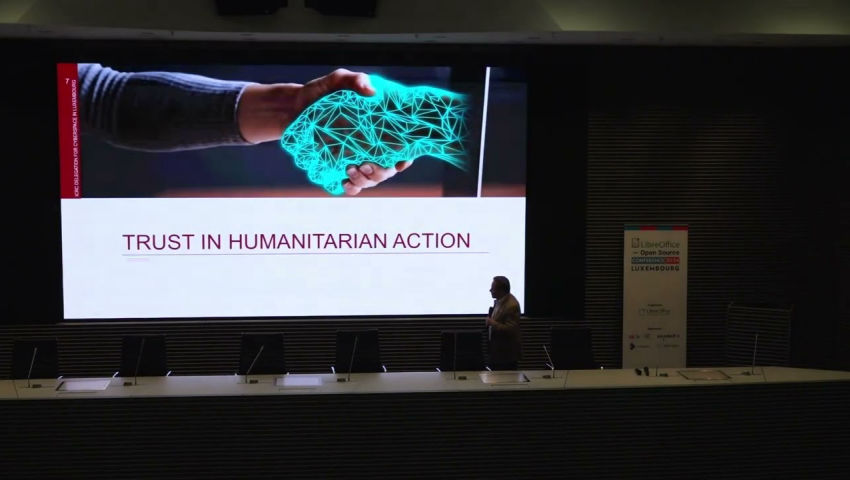- 1 Post
- 10 Comments

 21·8 months ago
21·8 months agoI think you might be onto something there, still remains in favour of individual capitalists against national capital - and is usually something, the state is supposed to prevent (it’s jobs in capitalism are mostly preventing class conflict between bourgeoisie and proletariat just as much as conflict between individual capitalists hurting the economy at large).
But this now feels like 19th century economics from before understanding the nature of crises, and 19th century “sphere of influence” geopolitics all in one.
Here’s hoping they end up shooting themselves in the foot by underestimating the consequences of their actions.

 46·8 months ago
46·8 months agoThe Nixon-era Richardson Waiver came about amid a push for more public engagement, with the waiver acting essentially as a workaround to amending the APA’s exemptions. As Richard Brady, the assistant secretary for administration, wrote in the Federal Register at the time, implementing the Richardson Waiver “should result in greater participation by the public in the formulation of this Department’s rules and regulations.”
“The public benefit from such participation should outweigh any administrative inconvenience or delay which may result from use of the APA procedures in the five exempt categories,” Brady wrote. The waiver also noted that the Health Department should use the “good cause” exception “sparingly.”
Kennedy’s new policy rescinds the Richardson Waiver entirely. He writes in stark contrast: “The extra-statutory obligations of the Richardson Waiver impose costs on the Department and the public, are contrary to the efficient operation of the Department, and impede the Department’s flexibility to adapt quickly to legal and policy mandates.”
So, just to make this clear, they didn’t just not really implement their fabled transparency, they also walked back on the control mechanisms that were already in place.

 29·8 months ago
29·8 months agoIt’s fascinating, because the people behind him are genuine grifters and/or delusional ideologues, he can’t even make proper politics in the interest of capitalists. (Just in the interests of some individual capitalists, against the interests of national capital accumulation).

 5·8 months ago
5·8 months agoArticle without paywall:

 4·8 months ago
4·8 months ago“But I voted for Trump, not Musk. If only Trump knew what was going on. Yes, they are taking my farm and deporting my wife, but that’s just a mistake. Okay, it wasn’t a mistake, but I am ready to suffer, for my
kingpresident and country. Okay, that country is going down the shitter, but that’s because the migrants and left sabotaged my emperor!”

 2·8 months ago
2·8 months agoAh, to me, it is important to consider where it comes to the US foreign policy going forward in their era of fascism. I live in the EU, and I guess that was the foremost issue on my own mind. And I am not expecting something like a Russia-US-alliance myself, because of that lack of mutual loyalty. Only cooperation of convenience.

 1·8 months ago
1·8 months agoWas there a contradiction? Point is, there is no loyalty beyond that. If the favours for Russia were to no longer serve his own, personal interests (or at least, for as long as he believes them to do so, let’s not forget he is also very much fallible), he’d not support them. There is no ideological solidarity, or alliance or higher loyalty is what I was getting at. Just his belief that the world is fundamentally strong people preying on and using the weak, and that he thinks that he can cooperate with Putin on that - conditionally.

 41·8 months ago
41·8 months agoThere’s always people that need reminding, like, I am sure there’s at least some people thinking Trump has some sort of higher loyalty towards Russia besides agreeing with their new world order of every country acting as “fuck you, got mine”-imperialists.
“Let’s end imperialism by converting communist movements across the globe into extensions of our imperialism, thus setting back the proletarian struggle by opportunistically redirecting it towards our national interests”




Nothing to lose but your chains, you say 🤔